
The Swiss are building empty homes in the suburbs
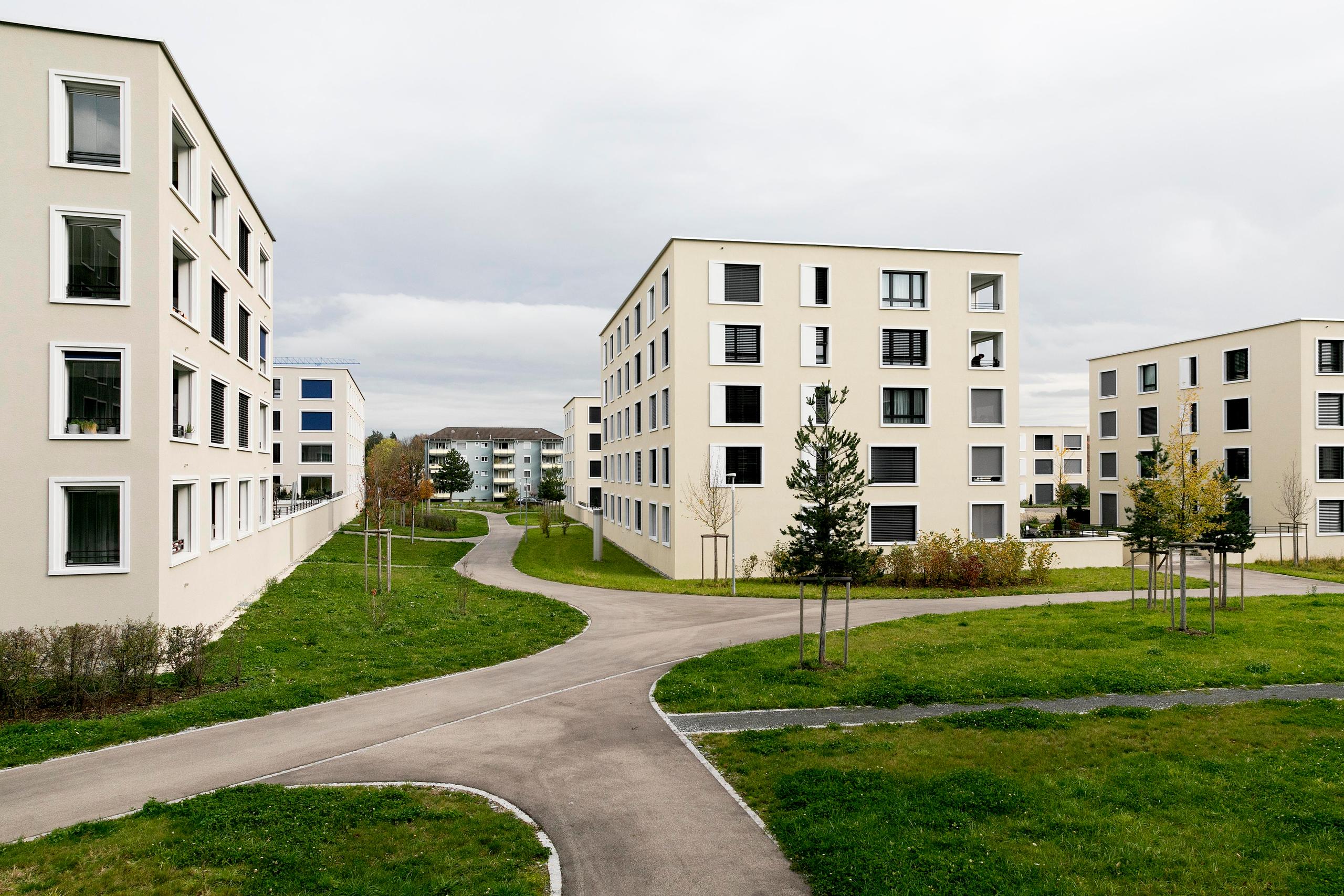
There are enough of them, but in the wrong places – this is the apartment and housing market in Switzerland. Photographer Sophie Stieger has documented the paradox.
In the heart of cities like Zurich, Geneva and Basel, it’s not unusual to find hundreds of people queuing to visit a flat that’s been put up for rent. But in rural areas, it’s more common to find newly built housing developments sitting empty. In peripheral regions of the country, such as cantons Jura or Ticino, entire villages have fallen into disrepair.
Two phenomena explain why the housing vacancyExternal link level is relatively high in Switzerland.
Firstly, people move away from economically poor peripheral regions in search of jobs, and in the more extreme of such cases, homes remain empty for so long that they become ruins.
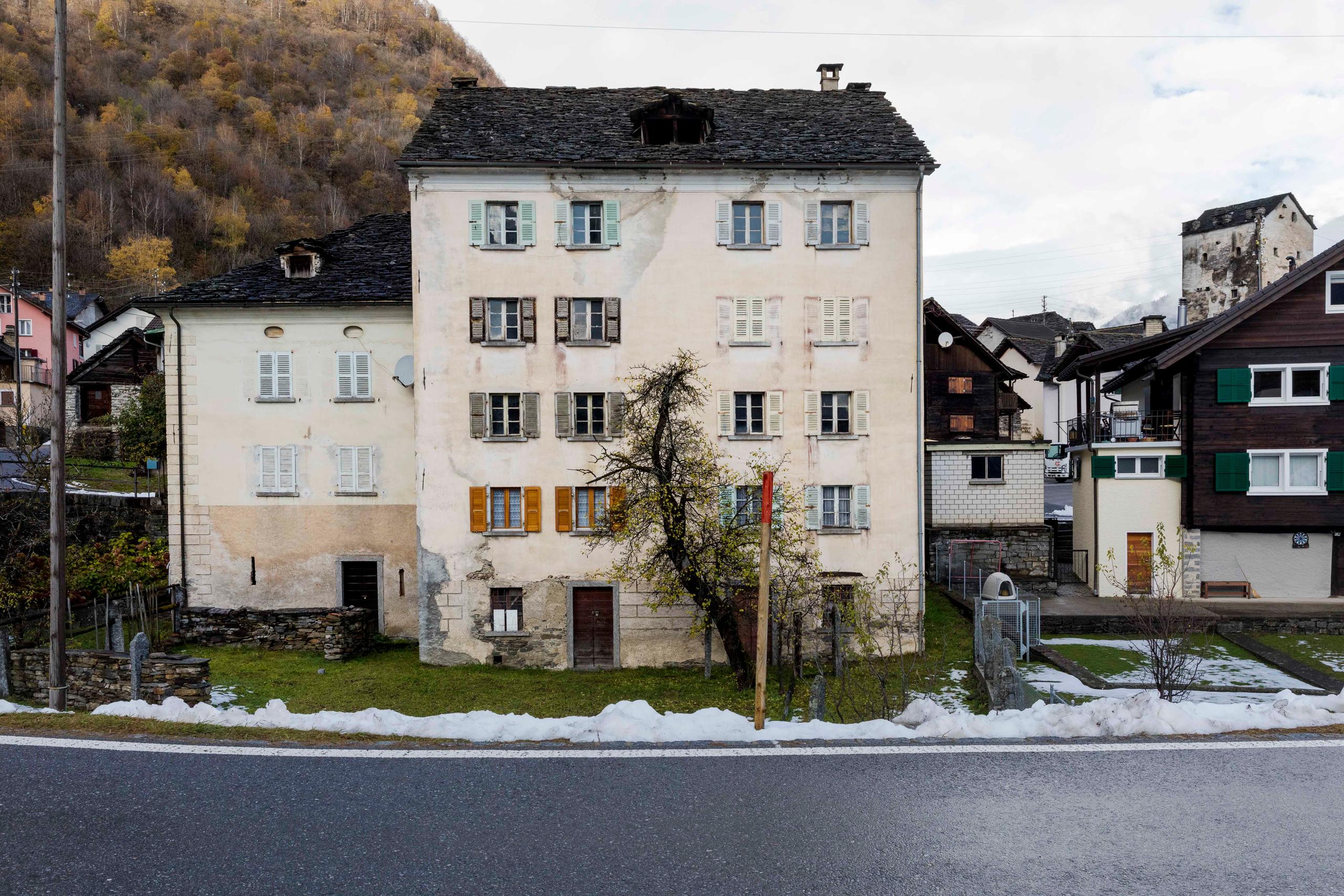
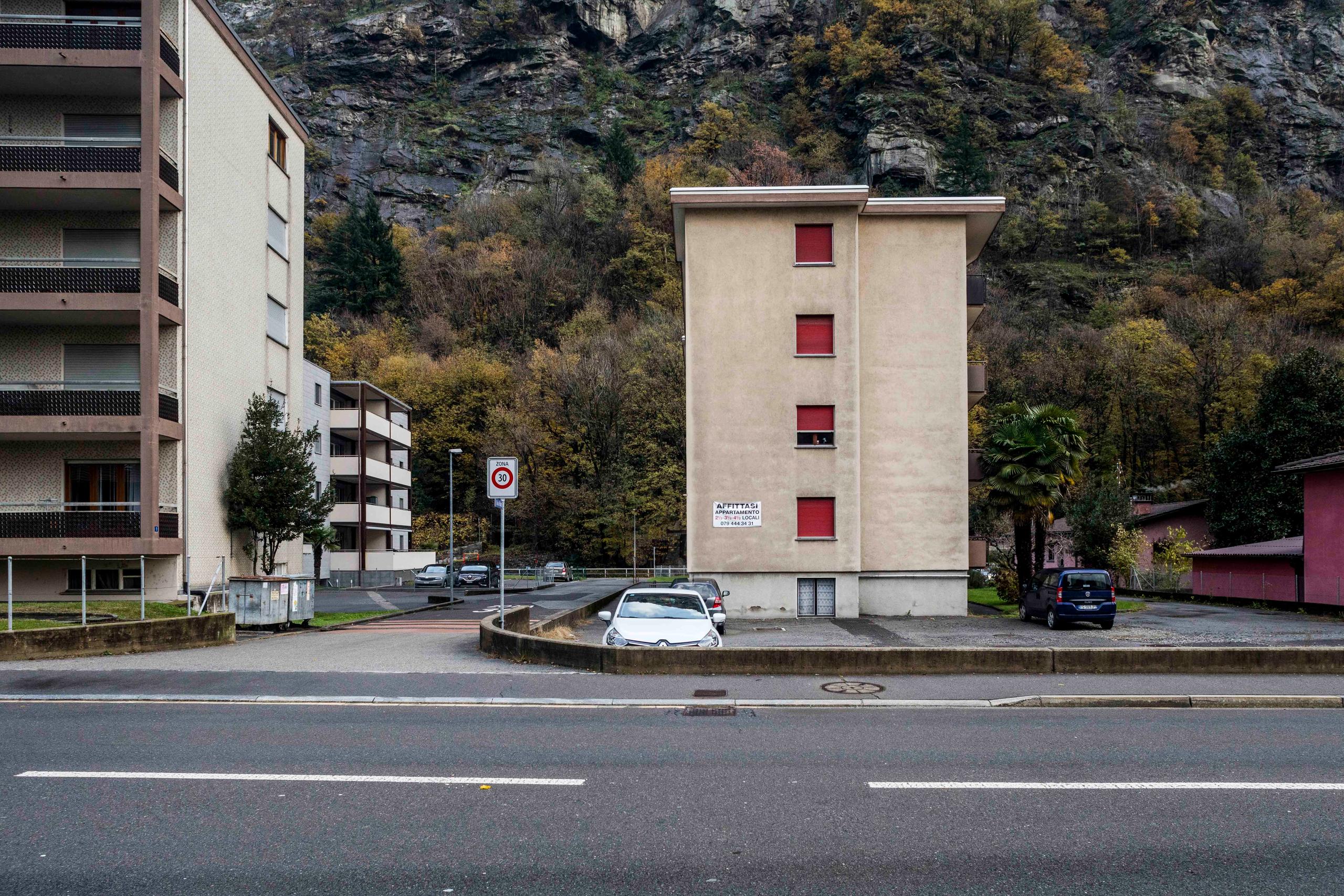
Even in the economically prosperous region of central Switzerland, new developments sprout up in the rural areas only to remain half empty. Occupants are so hard to come by that landlords try to lure them with offers of months of rent-free living, gift cards, or subsidized train passes. Overall, the number of vacant flats in Switzerland has risen from 56,518 in 2016 to over 75,000 in 2019 – a vacancy rate of 1.6%.
The situation can also be explained by the fact that despite the rural exodus, there has been a construction boom in the countryside in recent years. And the reason for such a strange development is that there is big pressure to invest, with pension funds, investment funds and private investors all keen to turn a profit.
“Bonds are no longer interesting, many people have gotten their fingers burned with shares, and if you leave your money in a bank account, you will be charged negative interest,” says Michael Hauser, a real estate specialist.
“That’s why some investors think, ‘even if I rent just two flats out of ten, it’s still the least bad way of investing my money.’”
Not to mention that in recent years, half of the return on real estate has been merely accounting gains resulting from property revaluation.
In other words, as long as real estate prices continue to rise in Switzerland, new homes will continue to appear, and developers will build them anywhere. That’s even if constructing in the wrong place is nonsensical, both from an economic standpoint and a sustainable development point of view, says Hauser.
“From an environmental standpoint, it would be wiser to keep your money in the bank than to invest in property that no one needs,” he says.
Prices will go down
So what’s in store for the housing market? According to Hauser, the vacancy rate in the rural areas is structural.
“Of course there will be hardly any vacancy in the cities,” he predicts, “but the prices there will eventually go down.”
That’s both a good and a bad thing, he reckons. “Tenants will be happy about the lower rent, but this joy won’t last because it is they who are financing the price reduction with pensions falling due to the fall in real estate profits. “Nor is it a good thing to watch the use of space increase with the price drop, taking us further away from the objective of achieving a 2,000-watt society.”
Creating social ills
Hauser is less concerned about buildings falling into decay. Rather, he reckons the damage will be felt more in the social sphere and in urban planning. “It’s possible that people will leave older houses in the villages for more attractive properties around urban areas,” he says – a development that could create deserted village centres.
“If we have 20% more apartments because we have built around the village, but at the same time we have 20% more vacancies in the municipality, then it would be much better not to build around the village in the first place, but to leave green spaces and try to revitalize the centre,” explains Hauser.
He sees responsibility primarily lying with authorities in charge of spatial planning.
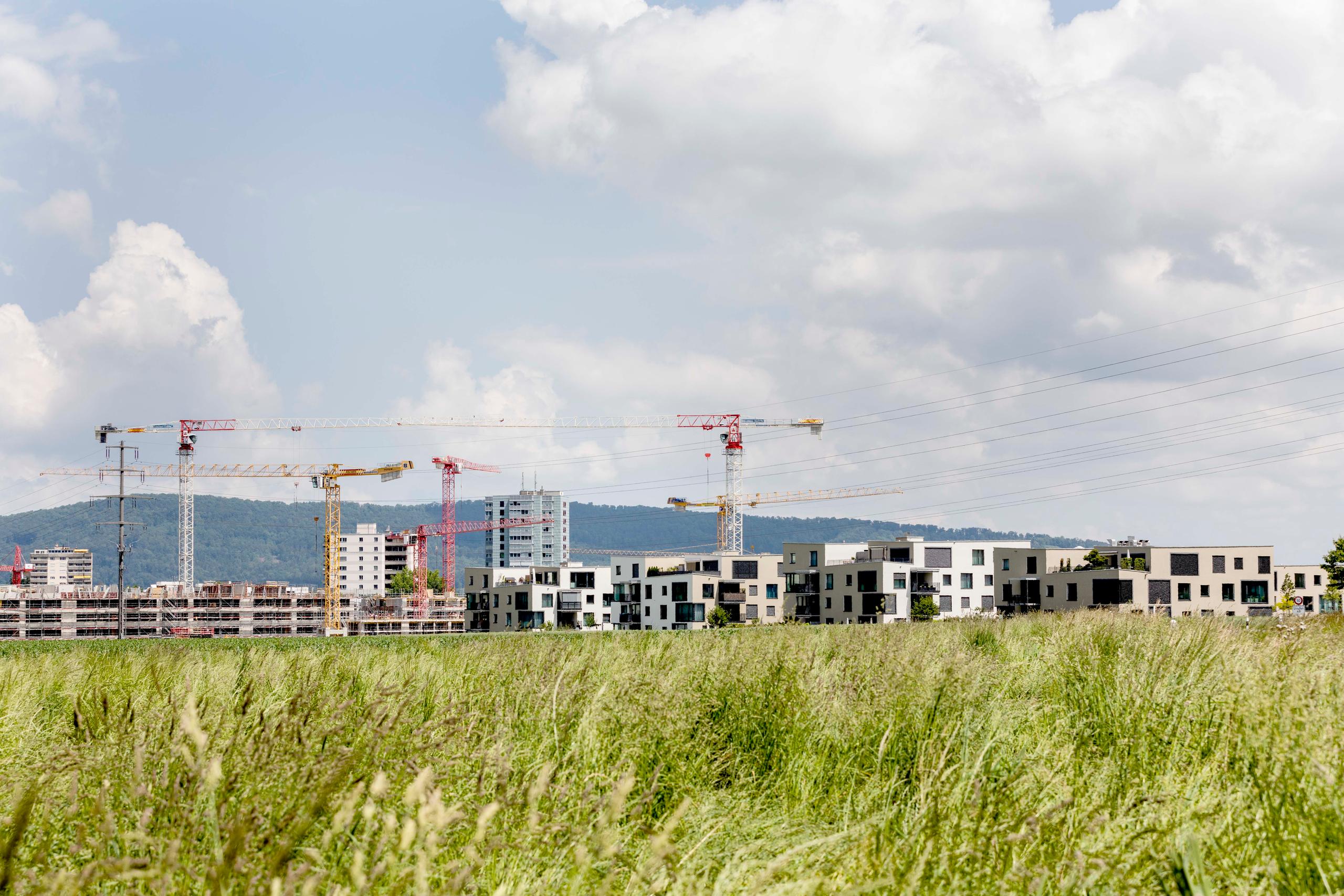
And though he refuses to play the prophet, Hauser considers it unlikely that the situation will change anytime soon. The market is slowing down a little, but as long as development remains the best of all possible bad investments, apartment buildings will continue to sprout up. Only an increase in interest rates and a decrease in returns that would cause real estate valuations to fall could lead investors to change their mindset.

More
Swiss villages bribe people to come, stay and breed
Translated from French by Geraldine Wong

In compliance with the JTI standards
More: SWI swissinfo.ch certified by the Journalism Trust Initiative










































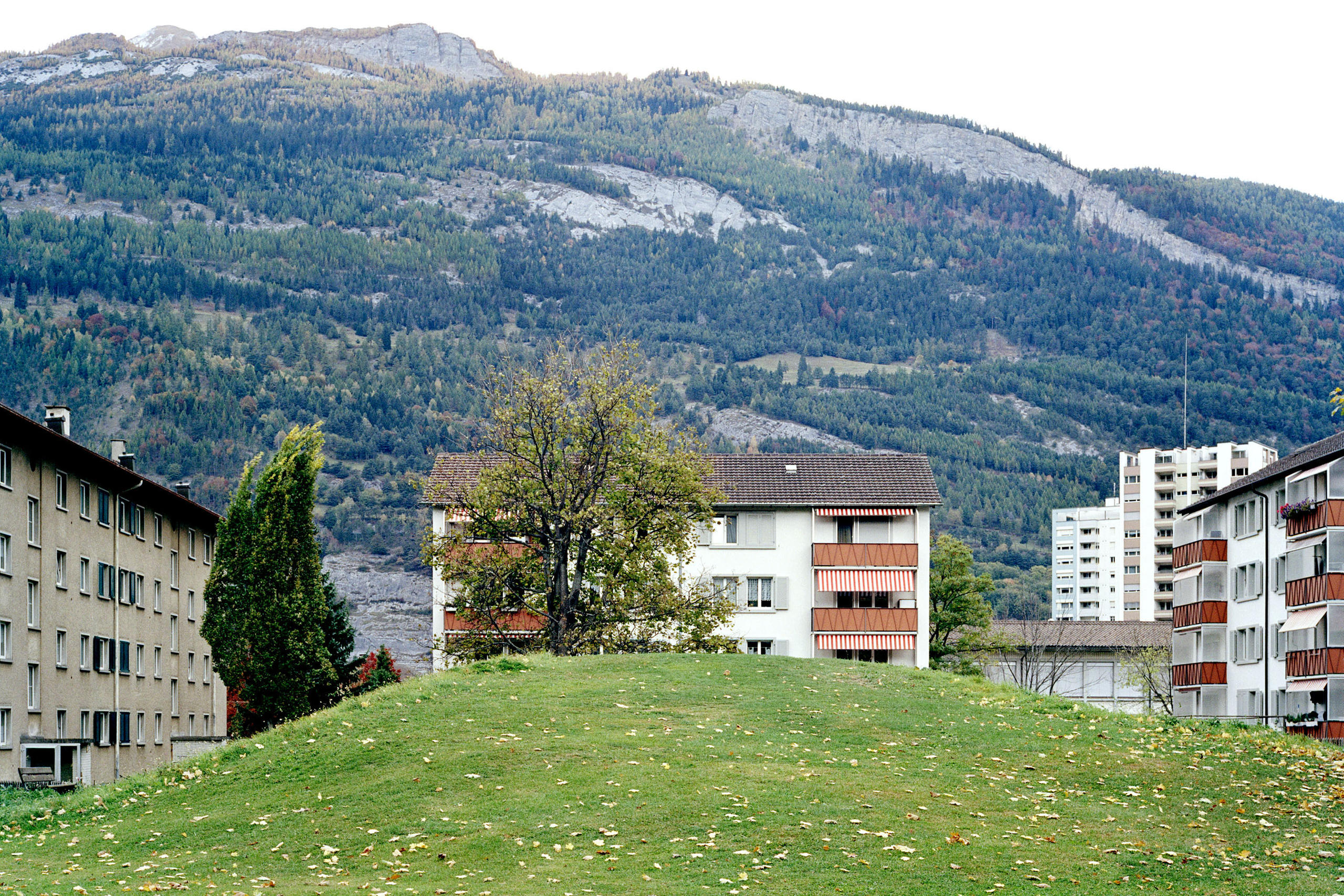
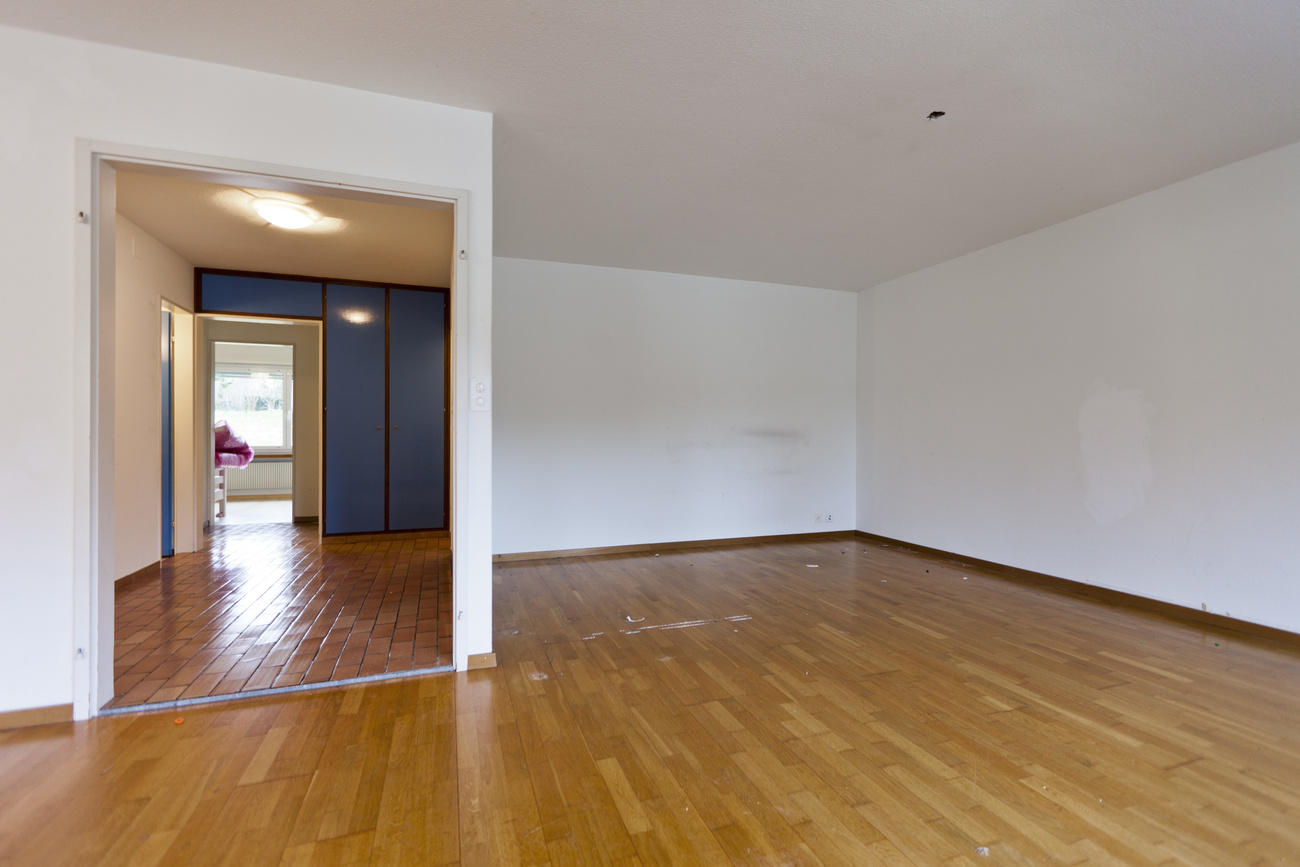


You can find an overview of ongoing debates with our journalists here . Please join us!
If you want to start a conversation about a topic raised in this article or want to report factual errors, email us at english@swissinfo.ch.